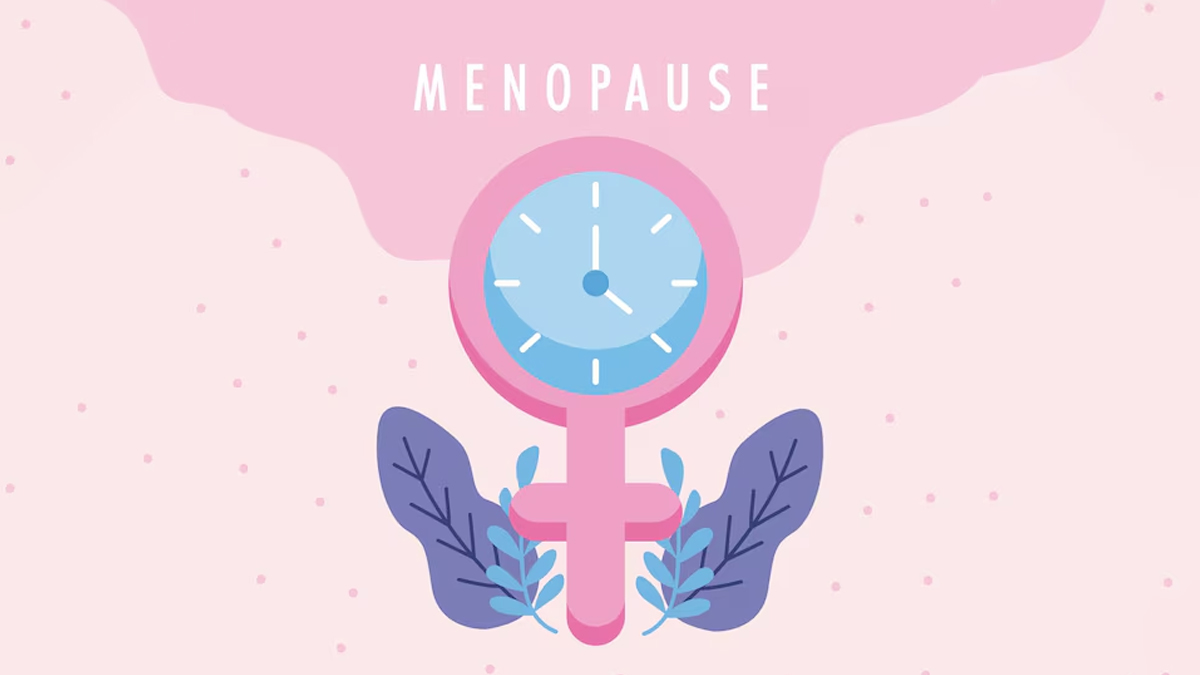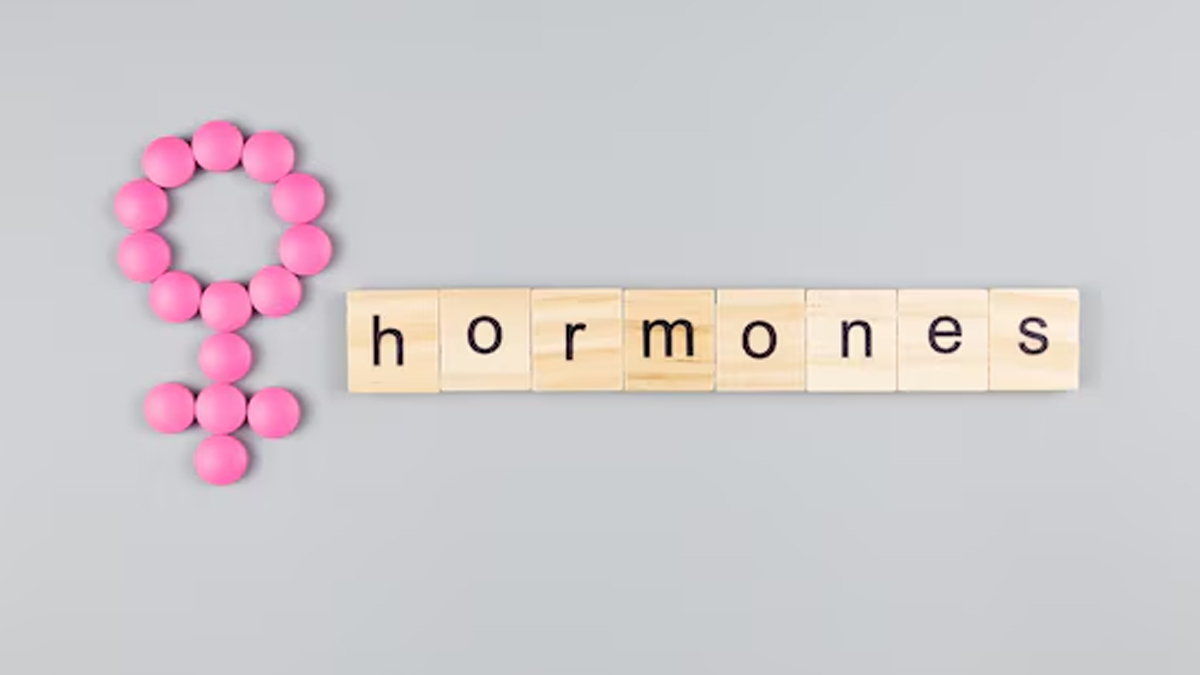
Have you ever noticed how the cases of heart disease increase sharply in women once they enter menopause? This is the stage when a woman permanently stops to have menstrual periods and can no longer get pregnant. The risk of heart disease increases two-fold if your periods stop before 40, highlighting the crucial role of female hormones for overall health. We spoke to Dr Gauri Jagdale, Consultant - Obstetrics and Gynaecology, Motherhood Hospitals, Kharadi, Pune, who explained why this happens and how to prevent the risk.
Table of Content:-
Factors Increasing Risk of Heart Disease in Postmenopausal Women
Impact of Declining Oestrogen Levels During Menopause On Cardiovascular Health
Role of Hormonal Changes in Postmenopausal Cardiovascular Risk
Impact of Lifestyle Changes On Heart Health During Menopause
Implications for Cardiovascular Disease Prevention In Postmenopausal Women
Factors Increasing Risk of Heart Disease in Postmenopausal Women

"Women’s bodies undergo various changes after the menopause. This includes changes like high blood pressure, reduced oestrogen levels, sudden weight gain, and increased cholesterol levels. These changes can altogether increase the risk of cardiovascular diseases," said Dr Jagdale. Ageing also plays a crucial role. With increasing age, your blood vessels become stiff and metabolism slows down.
According to a 2022 study, most women have increased chances of developing heart disease later than men due to the protection in the reproductive phase of their lives. However, the risk increases once they enter the menopause stage. This is because female hormones, especially oestrogen, provide cardioprotection to both reproductive and non-reproductive systems.
Impact of Declining Oestrogen Levels During Menopause On Cardiovascular Health
The declining oestrogen levels during menopause can heavily impact your heart health. Oestrogen is a key hormone that promotes healthy blood flow, production of good cholesterol levels, and maintains flexibility of the arteries. "When the oestrogen levels decline during menopause, the arteries become stiff, and the cholesterol levels rise. This makes your heart more vulnerable to several diseases and complications," explained Dr Jagdale.
Also Read: Menopause Belly: Expert Explains Why Weight Gain Happens And How to Manage It
Role of Hormonal Changes in Postmenopausal Cardiovascular Risk
The production of androgen levels increases after menopause. It can lead to side effects like excessive buildup of fat, particularly around the abdominal area, insulin resistance, and higher cholesterol level. These changes can further contribute to clogged arteries while elevating the risk of heart conditions.
According to the American Heart Association (AHA) Journals, the age at which a woman experiences natural menopause is considered an indicator of both reproductive ageing and overall health. A later onset of natural menopause has been associated with a longer life span, increased bone mineral density, reduced fracture risk, and lower rates of all-cause mortality, Cardiovascular Disease (CVD), and cardiovascular-related deaths. However, it is also linked to a higher risk of breast cancer (especially in obese individuals) and ovarian cancer.
Impact of Lifestyle Changes On Heart Health During Menopause
During menopause, one can go through various metabolic and lifestyle changes. "This includes excessive weight gain, reduced range of motion, and a slower metabolism. These changes are common after menopause and can increase your blood pressure, cholesterol, and overall strain on your heart," added Dr Jagdale.
Postmenopausal women may experience sudden and sharp rises in blood pressure and bad cholesterol than women or men in their premenopausal phase. This makes heart issues more prevalent in this particular group.
Also Read: Menopause Can Cause Oral Health Problems: Expert Discusses Link And Shares Tips To Mitigate Risk
Implications for Cardiovascular Disease Prevention In Postmenopausal Women
One should follow measures to prevent the risk of cardiovascular diseases during this particular phase in women. Here are some preventive measures listed by the expert:

- Visit your doctor to get regular heart screening and checkups
- Keep yourself active by engaging in physical activities, such as exercise and sports
- Adopt healthy eating habits to ensure your body gets optimal nutrition
- Treatment options include medications or therapies to manage the symptoms and risk factors.
Bottomline
Dr Jagdale concluded, "It is crucial to take care of your health to reduce the risk of heart issues during menopause. This can include staying physically active, eating a heart healthy diet, maintaining a healthy weight, and monitoring blood pressure and cholesterol levels regularly. If you are someone who smokes, quitting can be helpful."
[Disclaimer: This article contains information provided by an expert and is for informational purposes only. Hence, we advise you to consult your professional if you are dealing with any health issue to avoid complications.]
Also watch this video
Read Next
Find Out If Your Heart Is Healthy: Expert Lists Signs You Are Not At A Risk Of Heart Disease
How we keep this article up to date:
We work with experts and keep a close eye on the latest in health and wellness. Whenever there is a new research or helpful information, we update our articles with accurate and useful advice.
Current Version
